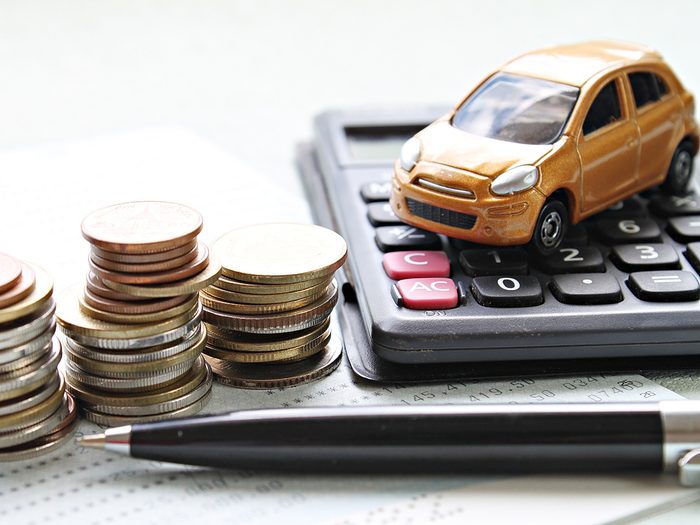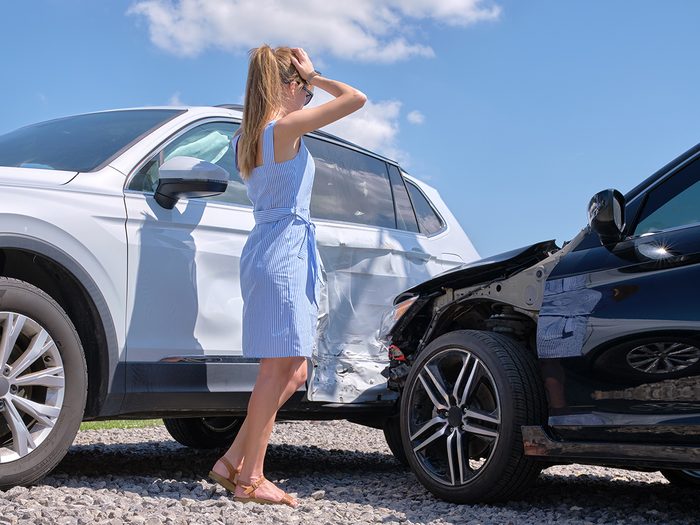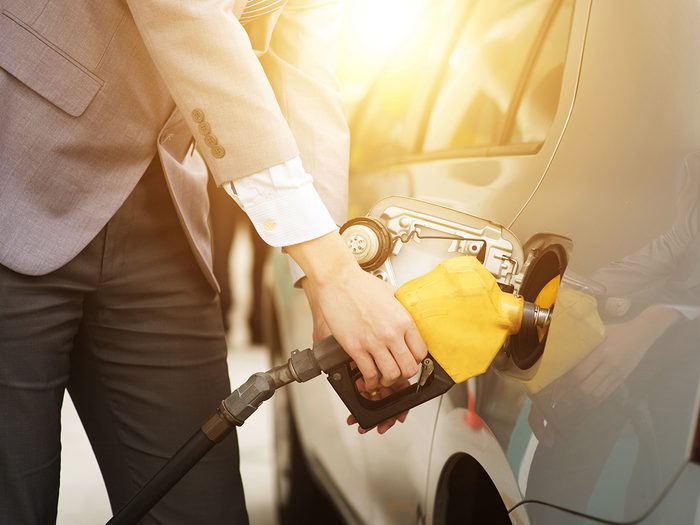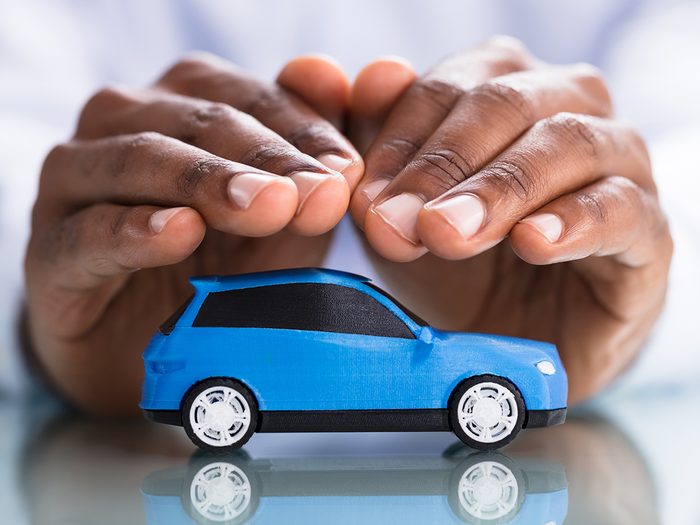
Set a budget when buying a new car—and stick to it
Buying a new car is expensive, especially when you consider how quickly the little things add up. On top of monthly car payments, fuel, insurance and standard maintenance all contribute to the total cost of ownership. That’s why it’s important to create an overall budget before moving ahead with a new car purchase. (There’s nothing more heartbreaking than to find that you can’t afford to maintain the model you had your heart set on—after you’ve bought it.)

Set aside an emergency fund for unanticipated repairs
Accidents will happen, and unfortunately, they can’t be accounted for when it comes to owning a car. That’s why savvy consumers should always set aside a few extra dollars per month for unanticipated repairs. Repairs can range from relatively minor (and inexpensive) fixes—headlight replacements, for instance—to an entire transmission overhaul, which will set you back several thousands of dollars. Before moving ahead with a new car purchase, you’d be wise to look into the vehicle’s reliability ratings or consider purchasing an extended warranty to give you peace of mind. That said, extended warranties can be pricy and thereby need to be factored into the total cost of car ownership as well.
Find out the car repairs you’ve probably wasted money on.

Consider buying a fuel-efficient vehicle
Overall fuel costs are a major consideration for most car buyers, as these make up a large portion of a vehicle’s total cost of ownership. This is especially true for consumers who use their cars on a daily basis. Because gas prices are constantly fluctuating, consumers who rely on their cars for daily tasks should strongly consider buying a fuel-efficient car. (These tips on how to improve gas mileage can also help.) Consumers should also be wary that different models might require different types of gas, with most mainstream cars calling for regular unleaded fuel and most premium cars calling for premium fuel, which might set you back a few extra cents per litre. Consumers who drive long distances or for long periods of time may also consider purchasing a hybrid or diesel vehicle. Although both feature higher purchases prices and can be more costly to maintain, they also offer lower cost per kilometre-of-travel due to low fuel consumption compared to their to gasoline-powered counterparts.

Be mindful of your insurance premium when buying a new car
While nearly every car owner understands the importance of having car insurance, it remains one of the most expensive aspects of owning a car. Luckily, there are ways of lowering your car insurance premiums, with the first based on your behaviour as a driver; namely, having a safe driving record, and no collisions or speeding tickets. The second is to purchase a car that tends to be cheap to insure. Larger American sedans, for example, are generally less expensive to insure than Honda Civics or luxury cars, for example.
Check out these car insurance myths you need to stop believing.

Consider alternatives to car ownership
Purchasing a new car is one of the biggest financial decisions you’ll ever make. Even after the car itself is paid off, you’re never off the hook for ongoing expenses like fuel, insurance and regular maintenance. While these expenses might be worth it for some, you should weigh the pros and cons before making your decision. Sometimes, the best way to limit car costs is to actually not own a car. This is an increasingly popular option for people living in urban centres where there tends to be easy access to public transport as well as car sharing programs like Zipcar, Enterprise CarShare and Turo.
Now that you know how much it really costs to buy a new car, find out the best time to buy a car.